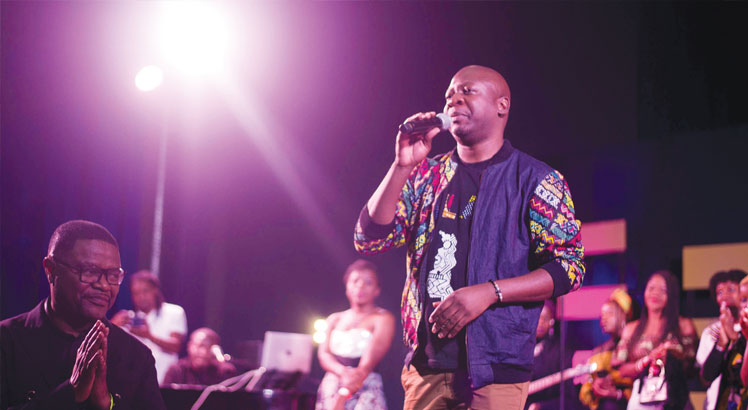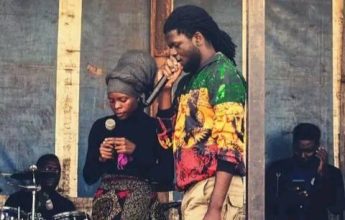Self-made phone doctor
Louis Nsomba, from Mphepo Village west of Blantyre City, has a story to tell.
The 20-year-old refuses to resign to fate despite his mobility problems.
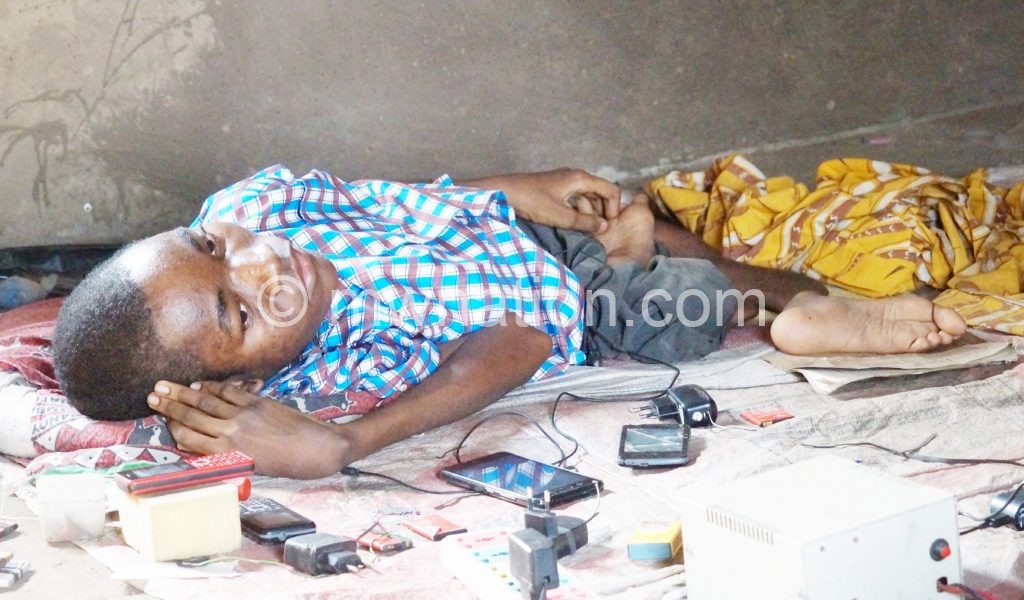
Born without any disability to Naisoni and Adora in 2000, Louis stopped walking aged five when his right leg became paralysed.
He remembers being admitted to Queen Elizabeth Central Hospital and Beit Cure Hospital in Blantyre for six months.
Louis now depends on other people to sit up and move out of his parent’s house, where he spends most of his time lying down on a mat with his head resting on a hard pillow.
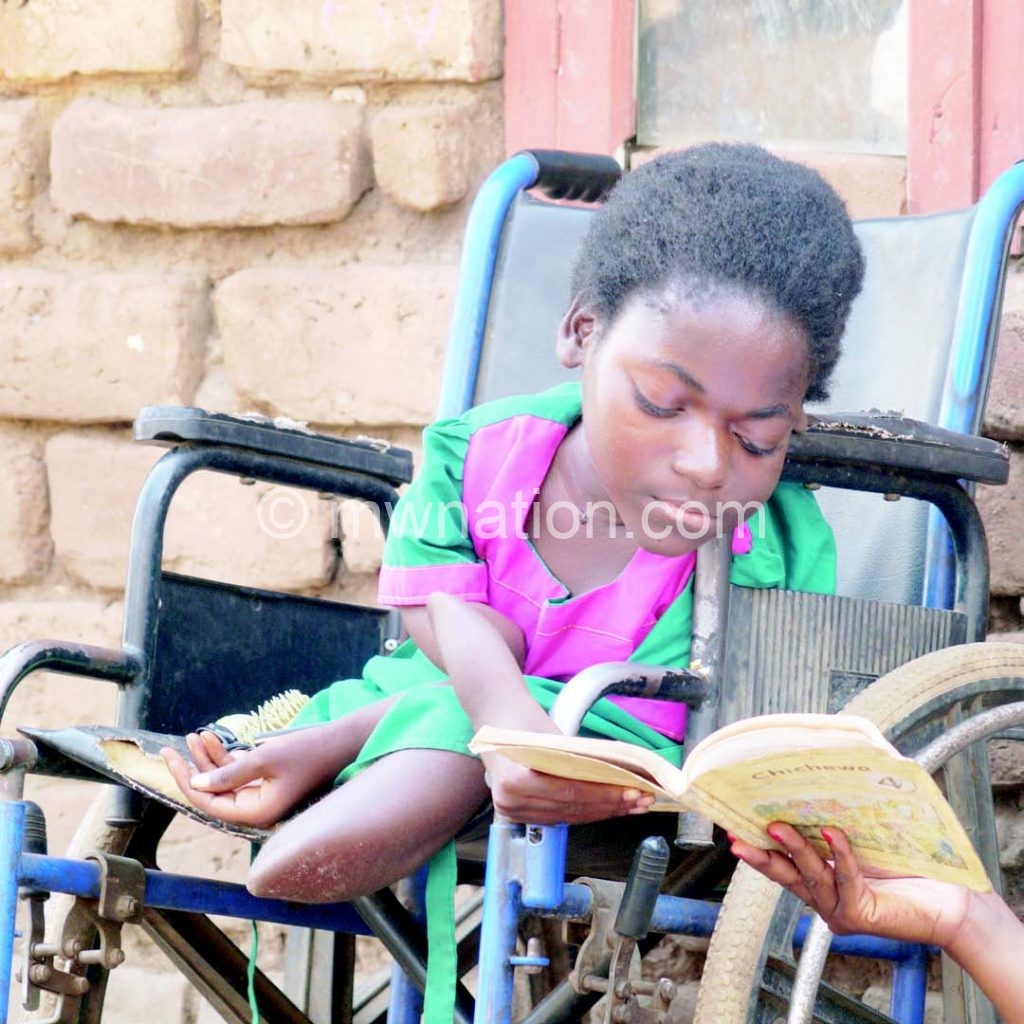
“I have a wheelchair, but I stopped using it over 10 years ago. Whenever I used it, I experience terrible body aches and my legs swell for days, sometimes requiring medical treatment,” he explains.
Industrious
But Louis is enterprising even though he quit schooling in Standard Two when he stopped using a wheelchair and could not crawl to Nankuyu Primary School daily.
Currently, he repairs mobile phones at a fee in the rural area, almost 25 kilometres from Chileka Airport. He charges at least K200 per phone and earns up to K8 000 a day.
He explains: “I learnt repairing phones in 2019 when I asked my father to buy me a simple smartphone so I could keep in touch with friends. The phone developed a fault a few months later, but I’d no money to get it fixed.
“So, I tried to repair it and it worked. Another day, I fixed a friend’s phone, then more people started bringing theirs to me. I sometimes fix 10 phones a day.”
Naisoni says he could not believe that the fourth-born of his eight children had become “a trusted self-made phone doctor” in the neighbourhood.
He narrates; “I bought a few items to kick-start his skill. We do not have electricity in our area, so he asked for an old car battery, a small solar panel and a power inverter to help him do the job.
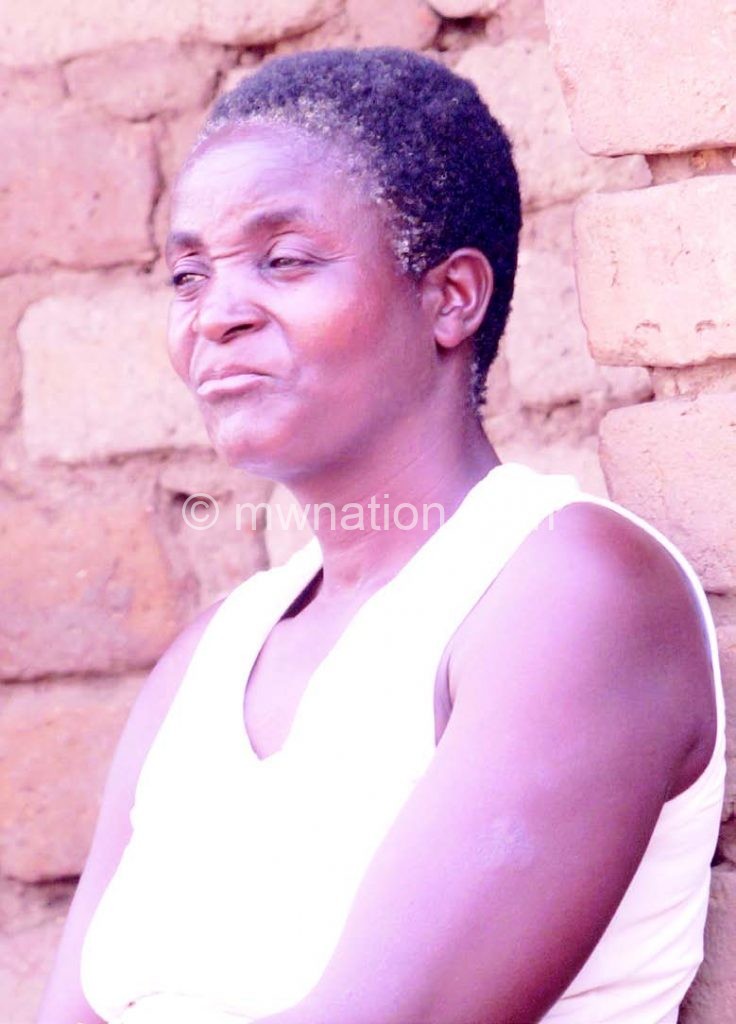
“However, my main worry was that he was going to worsen the phone problems and pay more to replace them. I asked customers if their gadgets were fixed properly and always got positive feedback.”
Louis remembers “just a few times” when he failed to repair a phone—and they were beyond repair.
“When I encounter a problem I cannot fix, I refer the customer to better-skilled repairers and most of them are declared irreparable.
Everyone benefits
His dexterity and honesty have made him a go-to technician in his village and the neigbouring Dziwe, Namalondwa, Maliko and Zayaya.
“If I say a problem can’t be repaired, that is usually the case,” he brags.
Adora is happy that her son has a skill to keep him busy and resourceful. He uses his income for buying things he wants, including essentials for his business and household.
“We benefit from his skill. During the lean season, Louis bought us maize and he usually gives us money for relish, salt, cooking oil, sugar and other basics,” says the happy mother.
Sister Scilla
Although Louis has discovered his skill, his 12-year-old sister Scilla, who also has a physical disability, has none.
She twisted a leg aged two while crawling in the homestead and now uses a wheelchair.
Scilla has no education because the rocky terrain makes it difficult for her wheelchair to get to the nearest school.
“Even the shortest stroll leaves my bones in terrible pain,” she says.
Having learnt to read Chichewa, Scilla hopes to learn to read English and solve mathematics.
She says: “If I ever get a chance, I will be happy. I want to work in an office job someday, but it’s difficult to choose a career path when I only know how to read Chichewa.” n
Next: Louis’ business appeared to be on its deathbed, but now it has received a lifeline.




